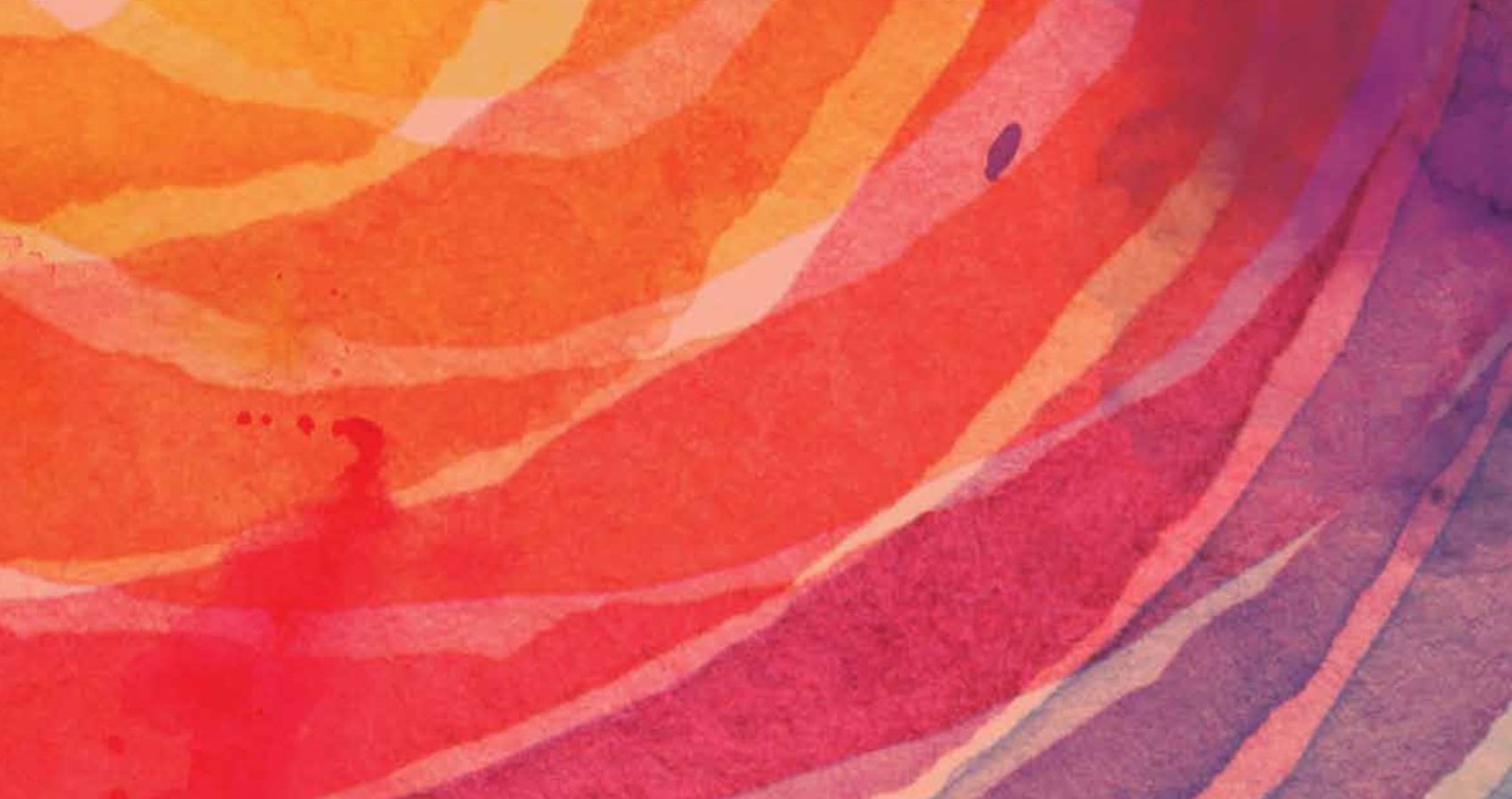Spring has sprung unseasonally early this year, with buds breaking into blossom everywhere I go. Although delighted with the colour display, I am anxious too that artic chills may descend to spoil the show and damage fragile plants in their early awakenings. Will these beautiful blossoms be able to bounce back if frosted and flattened by pelting hail? Their resilience will be tested. Strong trees with deep roots are much more able to withstand the variations in harsh and kind seasons as seen in the width patterns of their inner rings.
Recently I came across the concept of ‘transformative resilience’ (TR), defined as thriving because of adversity (and the lessons it teaches), as opposed to thriving in spite of adversity, which is usually associated with the word resilience. TR is the ability to not only bounce back after setbacks but also to spring forward, improve and mature because of the learning and reflection gained from these setbacks. The field of therapeutic research into post-traumatic growth is premised on the belief that people learn to bounce back, transcend the challenges of recovery from trauma and in fact be transformed by them. See, for example, the work of Boris Cyrulnik on resilience.1
Ama and Stephanie Marston, in their book Transformative resilience for thriving in a turbulent world, outline six characteristics which interact to cultivate TR in people: adaptability, a healthy relationship with control, continual learning, a sense of purpose, active engagement and the ability to leverage support in times of stress and distress.2
I have started to have conversations with fellow therapists about what they believe is needed for these characteristics to take deep root in lives – our own and clients’. Developing a strong internal locus of control, nourished by a healthy life vision, seems to play a vital function. For many, the resources they can draw on from their spirituality and belonging to a faith or supportive community, plays a key part in sustaining their capacity for transformative resilience.
The BACP Spirituality Executive Committee has also been actively cultivating transformative resilience in our approach to engaging with the membership of the division. By the time you read this, you will have received an online survey about your use of BACP journals, in particular Thresholds, which will help BACP evaluate use and discover more of what members need and value. We were astounded at the level of response to the advert to recruit new Executive members. We shortlisted five and have now recruited three new members to the Executive, who will introduce themselves in the next issue of Thresholds. We hope to avail of the expertise of others who applied to help develop our online presence in collaboration with relevant BACP departments. We continue to promote good practice and research in spirituality and counselling through our very successful annual ‘Working with Soul’ conference and increasingly through the development of regional communities of practice, meeting regularly in Birmingham, Oxford and Belfast. We hope that there will be more communities in existence by the end of the year.
Gillie springing forward
At our March Executive meeting, we bid a fond farewell to Dr Gillie Jenkinson, our current Deputy Chair. Her initiative, wisdom and support have been greatly valued within the division during her two terms of service. We have all benefitted from Gillie’s research expertise in post-cult counselling and spiritual abuse, which continues to lead and shape therapeutic practice in this field. See Out in the world: post-cult recovery from Therapy Today, March 2019.
We are delighted that Gillie has offered to continue as co-ordinator of our research task and finish group, writing a paper on ‘Working with healthy and unhealthy spirituality in counselling’ until its completion. As you spring forward into new ventures, Gillie, we wish you joy and blessings in abundance.
Maureen Slattery-Marsh is Chair of BACP Spirituality. To contact Maureen, please email sonas@slatterymarsh.com
References
1. Cyrulnik B. Resilience: how your inner strength can set you free from the past. Penguin: London; 2009.
2. Marston A, Marston S. Type R: transformative resilience for a thriving world. New York: Hachette; 2018.
